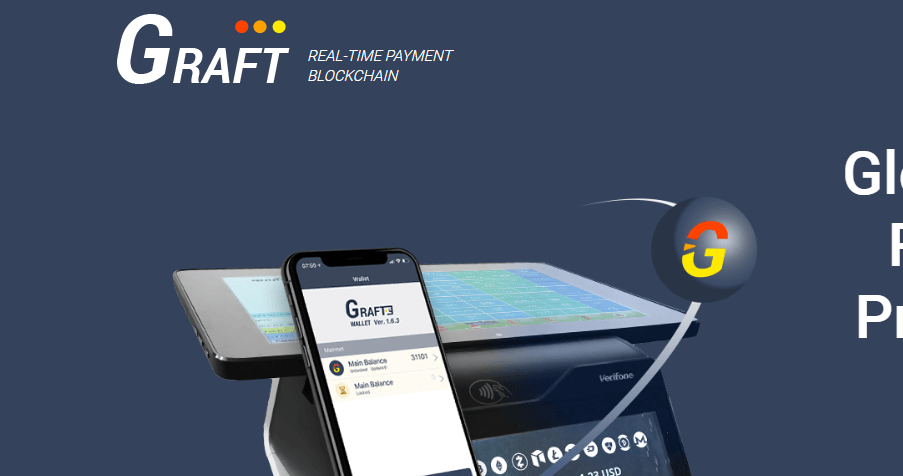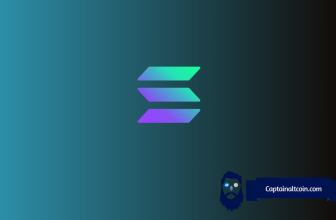
GRAFT Blockchain project team has published an RFC looking for comments on it’s proof-of-stake mechanism implementation including the stake locking mechanism.
Requests for Comments (RFC) are often used by transparent engineering initiatives to solicit feedback from the community at large about a planned design. It is submitted either for peer review or to convey new concepts or information. Request for Comments documents was invented by Steve Crocker in 1969 to help record unofficial notes on the development of ARPANET. RFCs have since become official documents of Internet specifications, communications protocols, procedures, etc. For example, IETF adopts some of the proposals published as RFCs as Internet Standards. Notably, Ethereum and few other leading blockchain projects also adopted an RFC methodology for soliciting feedback from the community.
“An RFC process allows us to bring the best minds together in solving tough problems, and making sure we’re not reinventing the wheel when it comes to proposing engineering solutions.” – commented @di_npdguy and @slavagomzin – GRAFT project founders. “GRAFT project follows the best industry practices in keeping both design and implementation completely transparent so anyone can examine and contribute to it.”
Proof-of-Stake implementations have been at the center of recent blockchain development efforts and represent an area of fast progress and experimentation. Proof of stake consensus protocols are not trivial to design as they are more of an economics problem than a technical one – they need to incorporate both proven models and the latest thinking in the field, and take into account blockchain specifics and their goals. GRAFT’s Proof-of-Stake system serves as a guarantor of the authorizers/validators being honest actors in a trustless environment. Issues like when the Supernodes joining the network and begin to get accepted into authorization samples and how they post stakes are extensively discussed in the RFC.
About The GRAFT Network
GRAFT (short for Global Real-time Authorizations and Fund Transfers) Blockchain is built on the idea that the payment industry can benefit tremendously from the democratization brought forward by the blockchain technology, but only when the right technologies are chosen and combined with the accepted industry workflows and systems. When done correctly, this transition to blockchain-based payments will lead to radically improved credit/debit payment system through the combination of lower transaction fees, tight privacy controls, low rates on credit balances, built-in loyalty programs, and connected extra services.
GRAFT payment processing network functions similarly to a credit card processing network with off-chain authorizations and in-network atomic swap based interchanges. The network is completely decentralized, able to work across borders and adapting to local regulatory environment. In addition to decentralization, GRAFT solves four biggest problems that exist in cryptocurrency at a point-of-sale today – privacy, speed, fees, and integration.
GRAFT has a two-layer architecture based on proof-of-work blockchain with proof-of-stake authorizations, where participants are able to benefit both from mining and transaction authorizations.





